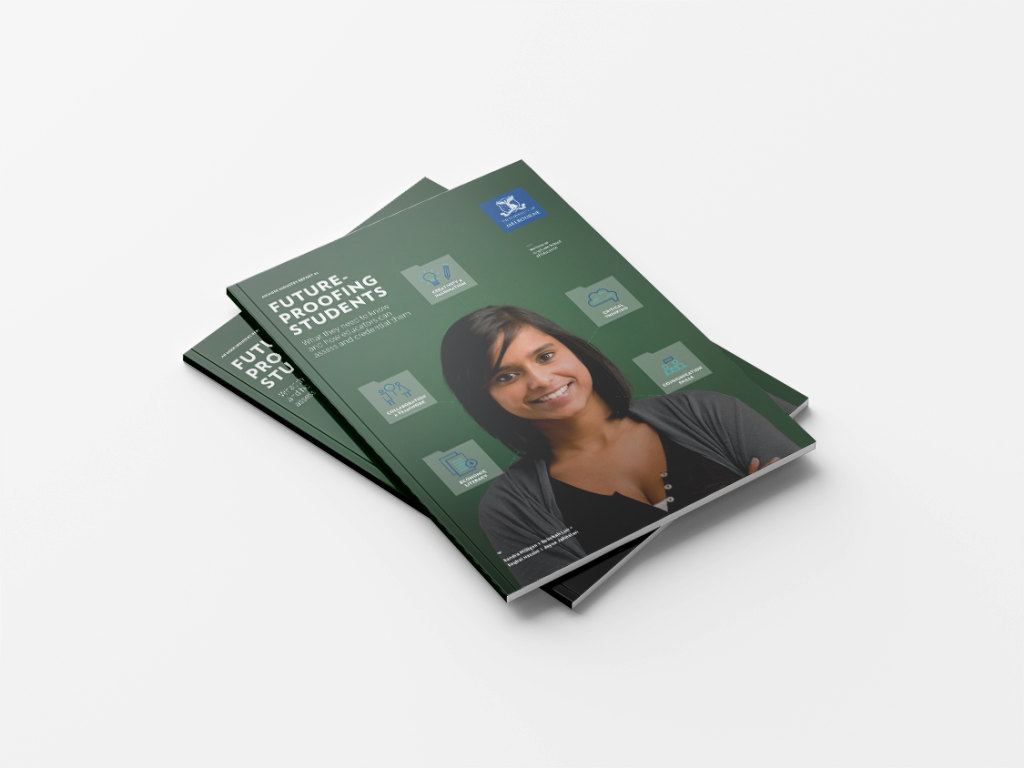- af
- sq
- am
- ar
- hy
- az
- eu
- be
- bn
- bs
- bg
- ca
- ceb
- zh-CN
- zh-TW
- co
- hr
- cs
- da
- nl
- en
- eo
- et
- fi
- fr
- fy
- gl
- ka
- de
- el
- gu
- ht
- ha
- haw
- iw
- hi
- hmm
- hu
- is
- ig
- id
- ga
- it
- ja
- jw
- kn
- kk
- km
- ko
- ku
- ky
- lo
- la
- lv
- lt
- lb
- mk
- mg
- ms
- ml
- mt
- mi
- mr
- mn
- my
- ne
- no
- ps
- fa
- pl
- pt
- pa
- ro
- ru
- sm
- gd
- sr
- st
- sn
- sd
- si
- sk
- sl
- so
- es
- su
- sw
- sv
- tl
- tg
- ta
- te
- th
- tr
- uk
- ur
- uz
- vi
- cy
- xh
- yi
- yo
- zu
News & Events
Future-proofing students: What they need to know and how educators can assess and credential them
February 16, 2021

For students to thrive they need to become expert learners. They need to acquire a body of knowledge, skills, attitudes and values that enable them to adapt and contribute in an ever-changing environment. Most education institutions and schools regard these skills or capabilities as being at the heart of their teaching. In fact, the capabilities for learning outcomes are now included in formal curriculum statements, both nationally and internationally. Debates ensue, however, about whether it is feasible to teach and assess these skills formally. This report from Melbourne Graduate School of Education, The University of Melbourne is written by Enterprise Professor Sandra Milligan, Dr Rebekah Luo, Associate Professor Eeqbal Hassim and Jayne Johnston.
